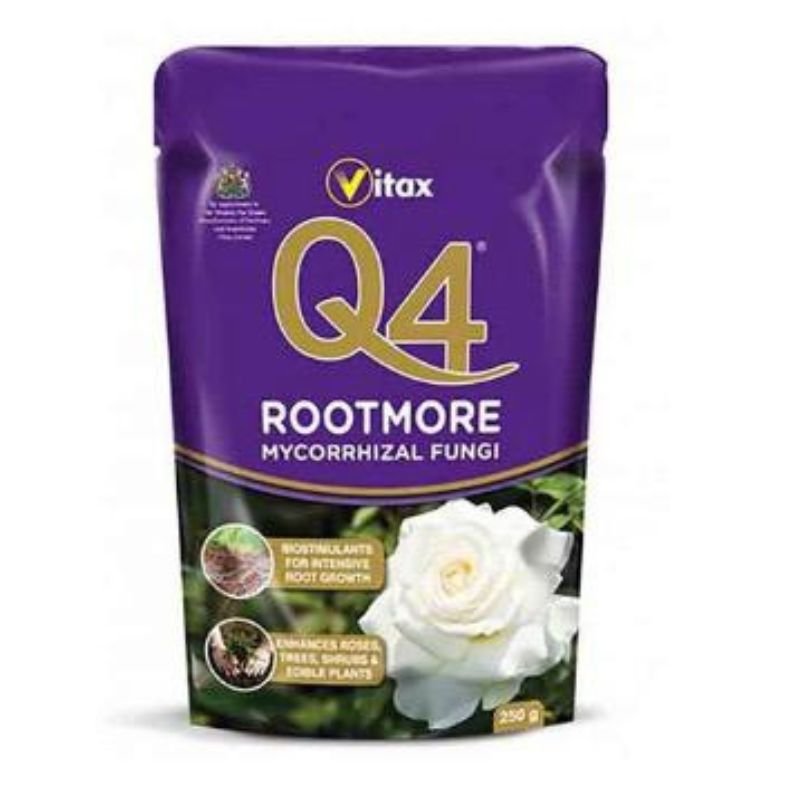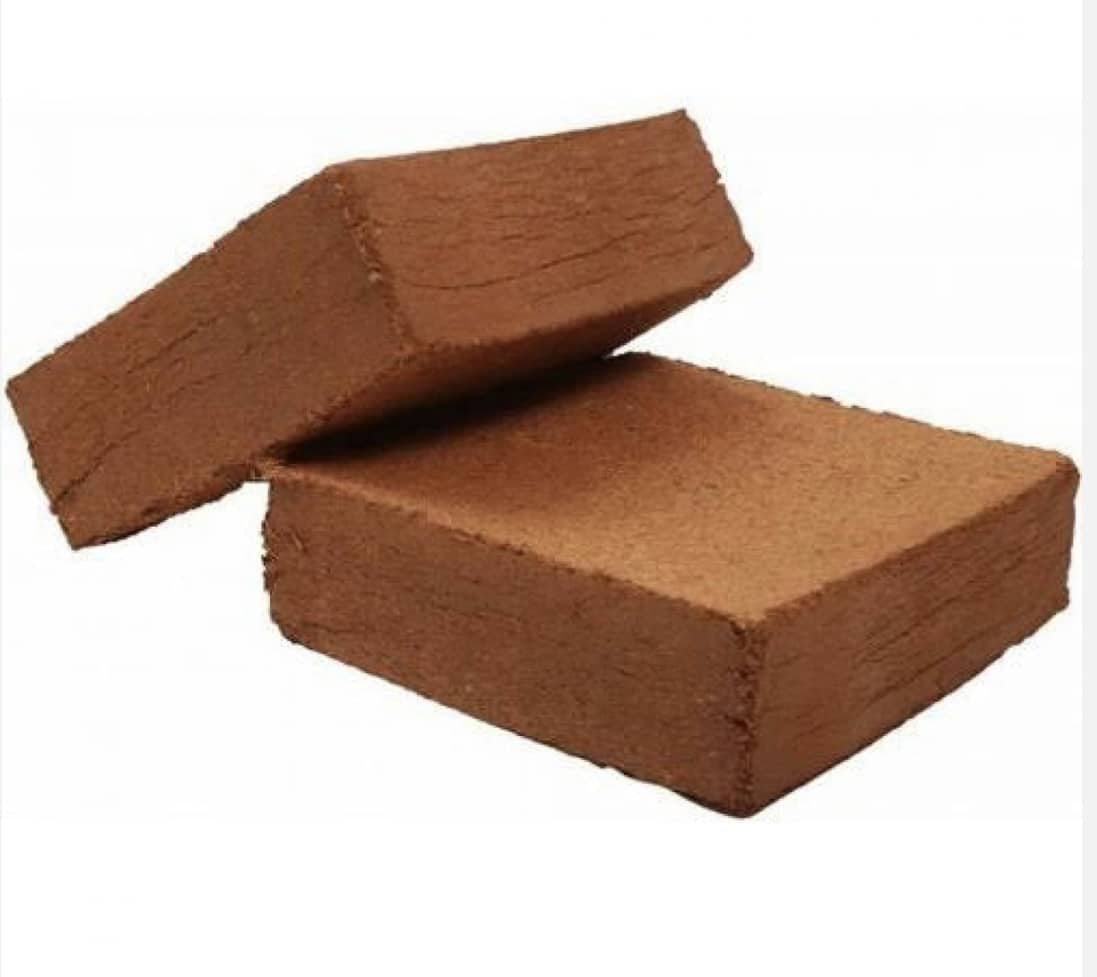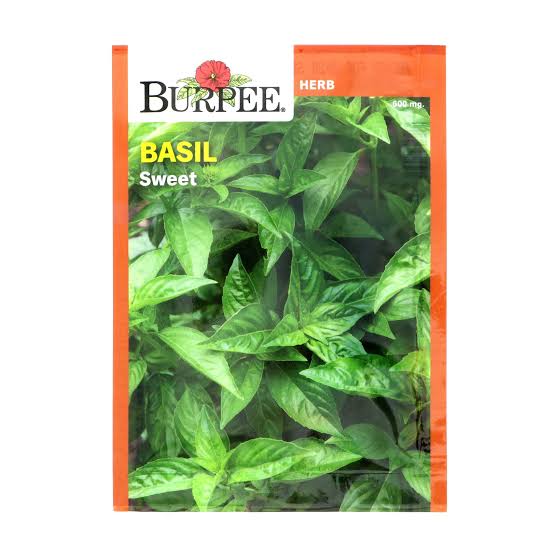Earthworms in your Soil? Don’t worry about it!
As creepy as they may seem, earthworms are a gift to the earth and its soils. It is considered as one of the top decomposers in the ecosystem responsible for breaking down dead organisms specifically plants. Their role in the environment is integral in terms of nutrient cycling and maintaining soil health.
What are Earthworms?
Earthworms are known to be invertebrate animals. They are characterized for being cold-blooded and having no backbone. Their bodies are segmented and they move around by contracting and relaxing those segments.
Around 1,000 species of earthworms have been identified and they are grouped into three types depending on their dwelling habits. The epigeic species are those that dwell in litter produced by crops and forest. The endogeic species are known to be the topsoil dwellers which are found in the upper 2 to 3 inches of the soil profile. These species burrow into the topsoil horizontally as they eat partially decomposed materials leaving their excrement behind. Lastly, the anecic species are types of earthworms that live deep down into the soil around 5 to 6 in depth. They create vertical burrows which are left hollow. Unlike endogeic species, anecic species leave their excrement on the surface of the soil.
Why are Earthworms Found in Gardens?
The presence of earthworms in your garden particularly in the soils is a good indication. This implies that the population of good organisms in the soil is present making it healthy and fertile. When more earthworms are there, it means that they are well-fed by a lot of organic matter found in their dwelling environment.
What are the Advantages of Earthworms in a Garden?
Improved Soil’s Structure, Chemical and Biological Properties
Due to their burrowing activity, earthworms are able to till the soils both horizontally and vertically. This helps improve the structure of the soil by increasing porosity which results in better water infiltration and soil aeration. It also reduces soil’s compaction. The excrement of earthworms also helps balance the soil pH because of its neutrality.
Ease Nutrient Cycling and Availability
Earthworms are enormous decomposers. They can eat and partially digest 2 tons of dry matter per acre of soil in a year. Because of this, they are able to hasten the decomposition process of large amounts of organic matter and mix it with the soil. In turn, nutrients become more available for plant consumption.
Source of Organic Fertilizer
Aside from helping breakdown organic matter, the castings (excrement) produced by earthworms are fertilizers in itself. You’ve probably heard or seen commercially available products called worm castings or vermicast. These products are produced by housing earthworms such as the African Nightcrawler in bins and feeding them with organic matter. The castings are then harvested from that bin.
Controls Nematode Population
Other earthworm species also feed on some harmful nematodes. They serve as natural control. This helps reduce their population in the soils of your garden decreasing the possibility of acquiring nematode diseases in your plants.
So the next time you see earthworms in your soil, don’t worry about it. It’s a good sign that your soil is in great condition and perfect for planting.











